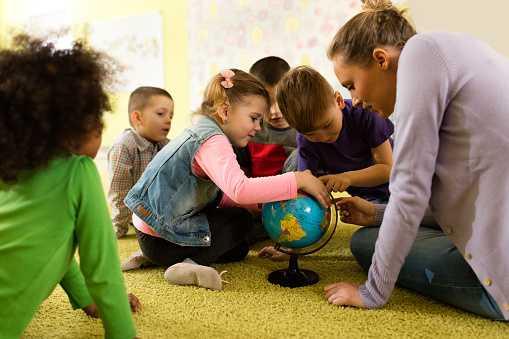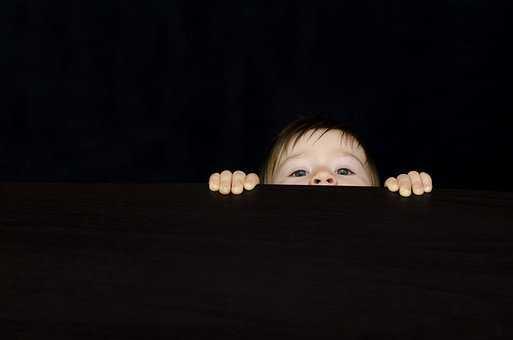Learn more about parenting with this collection
How to overcome fear of rejection
How to embrace vulnerability
Why vulnerability is important for personal growth
Curiosity
Soon after birth, infants begin to look longer at unfamiliar objects than those they are familiar with. Within months, they can recognize patterns, problem solve and make cause-and-effect connections about how the world around them works. They are always getting into things, exploring, experimenting, and gathering information.
Unless schooling or schoolish interference squashes the natural curiosity and drive of children, curiosity will remain as children grow older.
1
3 reads
MORE IDEAS ON THIS
Sociability
Children are born with an instinctive knowledge that their survival and wellbeing depend on their ability to connect with and learn from other people. As soon as they can communicate, they will inquire about their world, for the connection and information.
Lan...
1
1 read
Play is not recess from education; play IS education
Playfulness motivates children to practice new skills.
Children play:
- In physical ways - climb, chase, tumble: It develops strong bodies and movement.
- In risky ways: They learn to manage fear and develop ...
1
6 reads
Planfullness
We have the capacity to think ahead if we are driven to do so. This is the most consciously cognitive of our basic educative drives and develops slower than the other drives. This drive to motivate and plan ahead leads self-directed learners to think about life goals, and...
1
1 read
Four natural drives in children
Children are naturally very curious, playful, and sociable soon after birth. Planfulness - the drive to think about and make plans for the future - emerges in the early months and develops as children grow older....
1
5 reads
Related collections
Other curated ideas on this topic:
Curiosity declines with age
Children are extremely curious. They keep asking, "why?" and explore new things just because they want to know.
But research shows that during the schooling years, curiosity steadily declines, and as adults, we fall into fixed and convenient thought patterns.
Read & Learn
20x Faster
without
deepstash
with
deepstash
with
deepstash
Personalized microlearning
—
100+ Learning Journeys
—
Access to 200,000+ ideas
—
Access to the mobile app
—
Unlimited idea saving
—
—
Unlimited history
—
—
Unlimited listening to ideas
—
—
Downloading & offline access
—
—
Supercharge your mind with one idea per day
Enter your email and spend 1 minute every day to learn something new.
I agree to receive email updates

